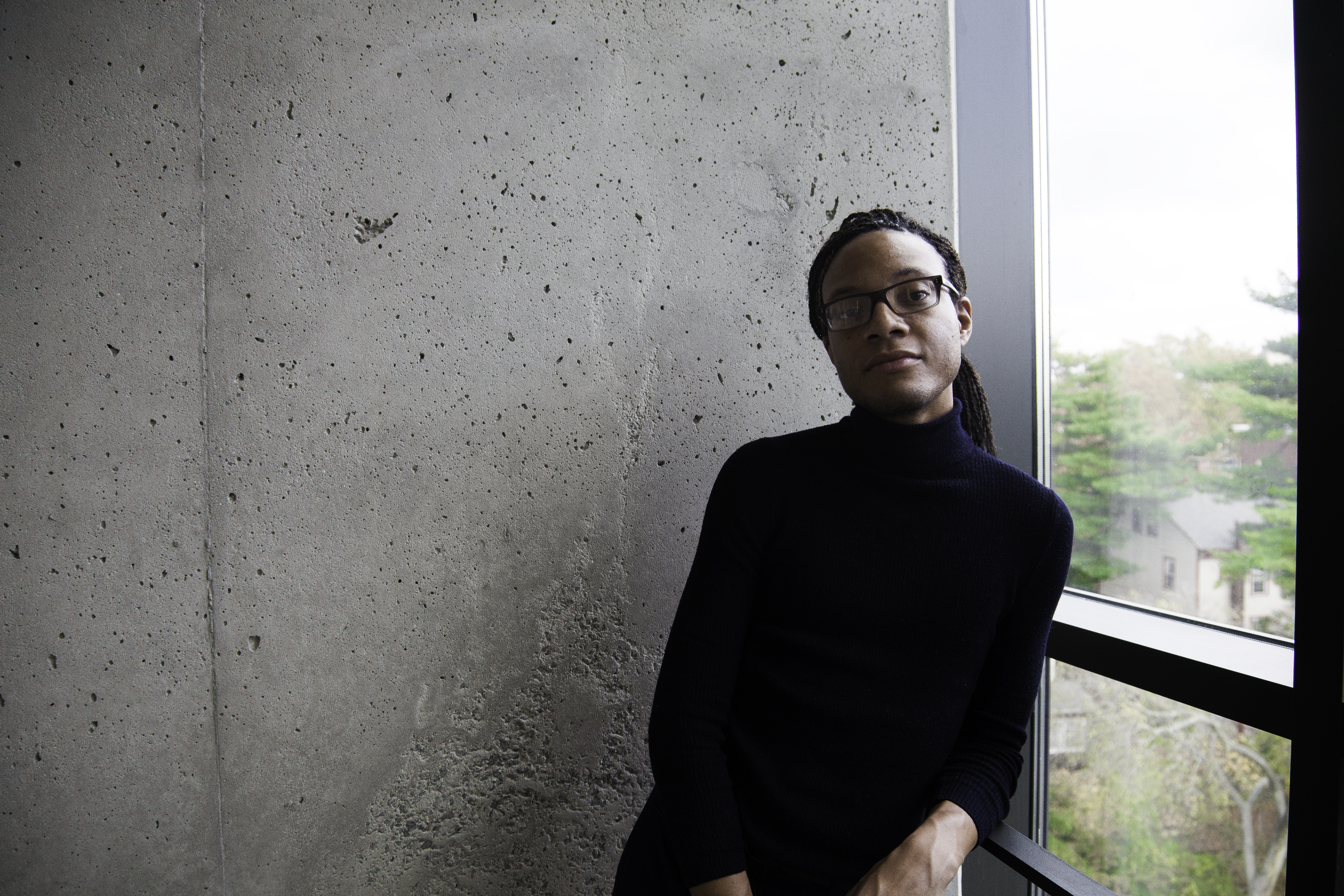Rickey Laurentiis, whose poems “trace the complex relationships among power, freedom, and violence with both sinuous lyricism and urgent declamation,” was raised in New Orleans, Louisiana. He is the author of Boy with Thorn, which won the Cave Canem Poetry Prize and the Levis Reading Prize. His work has appeared in The New Republic, the New York Times, Poetry, and many other places.
*
“Boy with Thorn”
Unknown, first century BC, bronze
1.
Entered, those shadows spoke his loneliness
like a god.
2.
This was new knowledge. The kind he had little
business knowing. The mere
risk of it making it
all the more delicious.
3.
A forced-out confession. A forcing-it-in.
4.
Each push, where the blood yawned like an opiate.
Each inch, a hermeneutics of the self.
5.
Would you feed on such hurting, would you drink so much?
6.
Was he so terrible a thing to look at?
But was looked at.
7.
His face chiseled deliberate.
His face, a question gone unanswered—
8.
There could have been a thorn already inside? His tongue.
Scratching its wrongs, speaking its six troubles.
9.
How?
10.
There could have been a thorn already inside? The point in his eye.
What makes the shadows their acutest when they lift and sprawl.
11.
I keep thinking of the thorn as
a marker, scrawler, what shapes the places both excused
and forbidden
in his body’s swamp.
12.
Violence thou shalt want. Violence thou shalt steal
and store inside.
13.
This Spinario, Fedele, boy with
a message, a mission; Pickaninny—
Who would not stop for
damage, the old story goes . . .
14.
Shame, guilt, spleen, woe, shock, and want.
15.
He wanted them gone, I know: all his deeper hurts,
poorer gods, that lush resentment.
16.
But failed. They were greater dark, vials of
mystery, done things.
17.
Take it. Don’t you have to learn
to take it, eventually?
18.
I told him the thorn was as a key,
his body a lock.
19.
I made him meet the key up with the lock. Turn.
20.
I told him, Rickey, turn—
21.
He did: an anti-chrysalis, a lyric,
which is the piece of a prayer visible.
22.
Until he rewound: a new republic, a kingdom where not savagely
he was king.
23.
Who could bare the wind?
24.
Who could feel the self demanding the self?
25.
Who could see his honesty? His face more handsome
once the pain combed
through, combed like a river
too clean for love.
26.
Violence thou shalt want. Violence thou shalt steal
and store inside.
27.
He would devour it.
28.
This was his body, his body
finally his.
29.
He shut the thorn up in his foot, and told his foot
Walk.
from The Paris Review http://ift.tt/2FZoh2R

Comments
Post a Comment